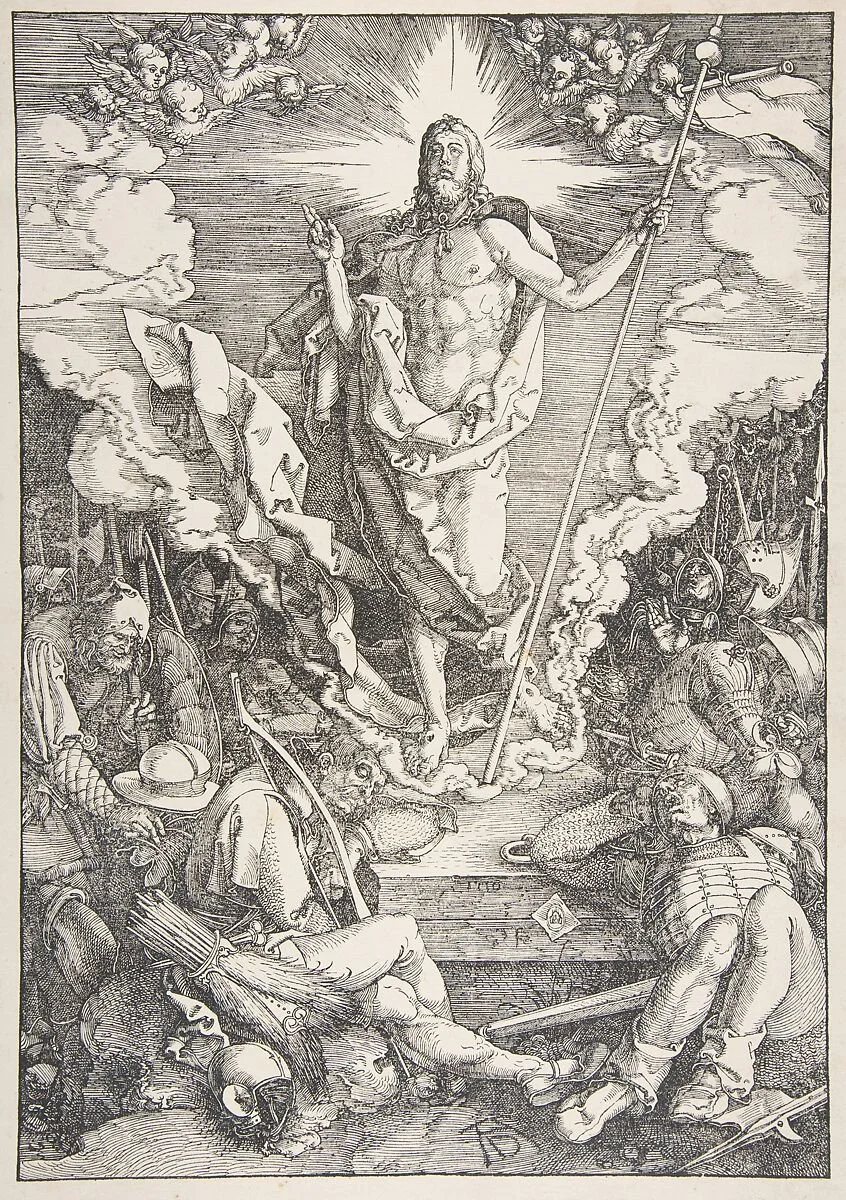Why would Christians gather for worship on Christmas Day?
it’s about Jesus
It reminds us that the day is not primarily about family — as good as family is — nor about gifts — as terrific as they are. It is about Jesus.
Writing on this topic for the Gospel Coalition, Dr. Dustin Messer wrote the following:
“Going to church on Christmas reminds us not only of the point of church but also of the point of Christmas. It’s easy to get distracted this time of year. The parties, the decorations, the presents: sensory overload can numb us to the occasion for the festivities.
The accoutrements themselves are not the problem. To the contrary, if seen in the right light, the pomp of Christmas serves as a joyous pointer to the birth of Christ. The problem isn’t with the pointers but with us. I love C. S. Lewis’s illustration:
You will have noticed that most dogs cannot understand pointing. You point to a bit of food on the floor; the dog, instead of looking at the floor, sniffs at your finger. A finger is a finger to him, and that is all. His world is all fact and no meaning.
How often we can be like Lewis’s dog at Christmas—marveling at the new TV, savoring the homemade eggnog, and yet failing to revel in the present behind the presents: the incarnation of the Son of God. Going to church on Christmas contextualizes the season for us.”
Christmas is about Jesus. The entire foundation of our faith is centered around the birth, death and resurrection of Jesus Christ. We get two days a year to really bring home that message: Christmas and Easter. What better way to remind ourselves of that than gathering together as Christians and celebrating this beautiful truth.
“Hail the heaven-born Prince of Peace! Hail the Sun of Righteousness!”
evangelism
It reminds the world around us - our unbelieving family, friends, and co-workers - that we believe this day is about Jesus. Where I am physically on Christmas day will say something to the people around me. What I prioritize year after year will speak volumes to the world we inhabit.
“Go, tell it on the mountain, that Jesus Christ is born.”
water is thicker than blood
It reminds us as the body of Christ that our relationship to each other is bound up in something so much bigger than common interest, language, or hobbies. Our relationship to one another is bound together in Christ Jesus. By prioritizing gathering with people not “family” by blood but family by “water” (baptism), we are declaring our highest family allegiance.
“Good Christian friends, rejoice with heart and soul and voice”
For the Children
It reminds our children this day is about the gift of a Savior not the gifts under the tree. As a father of five children, more than anything else, my deepest desire for my children is to remember that Christmas is about the birth of their Savior Jesus Christ. And one way that we are seeking to disciple and form their hearts is to gather with believers to celebrate this good news.
“Remember Christ, our Savior was born on Christmas Day, to save us all from Satan's pow'r, when we were gone astray.”
a Holy Day
It reminds us that Christmas is a “holy-day.” In recent years people have made a stink about whether we should say “Happy Holidays” instead of the potentially offensive word “Christmas.” Interestingly, “holiday” is simply another way of saying “Holy Day” and for Christians any day we observe and celebrate our Lord’s life is just that, a “holy day.” Christmas is observed as a “holy day” by gathering in the house of the Lord.
“This, this is Christ, the King, Whom shepherds guard and angels sing”
Joful defiance
It is an act of joyful defiance. Christians have historically gathered on Christmas Day because it reminds us that we have a King different than the rest of the world. We will engage in the “defiant acts” of worship and practice our spiritual oddness. By saying yes to gathering to worship king Jesus, we are saying no (at least in a very small way) to giving the things of this world our allegiance.
“Joy to the world, the Lord is come! Let earth receive her King.”
The Word made Flesh
It is about celebrating “the Word made flesh.” Christmas is the day Christ, the Son of God, was born into the world. God coming into our midst is something we describe as “the incarnation,” that is the “enfleshing” of God, or God taking on “flesh.” It’s one of the great mysteries of the Christian faith. One of the most significant ways we meditate and celibrate this reality is by sharing together in Holy Communion where we receive the true Body and Blood of our Lord Jesus Christ. The meaning of “Christmas” is in fact “Christ-Mass.” The phrase “Mass” (also known as Holy Communion, the Eucharist, or the Lord’s Supper) has as it’s focus the marvelous and loving act of God coming into our world as Immanuel.
“O come let us adore Him, Christ the Lord.”
With eager anticipation, I look forward to gathering with my brothers and sisters in Christ on Christmas Day to rejoice in the birth our Lord!





